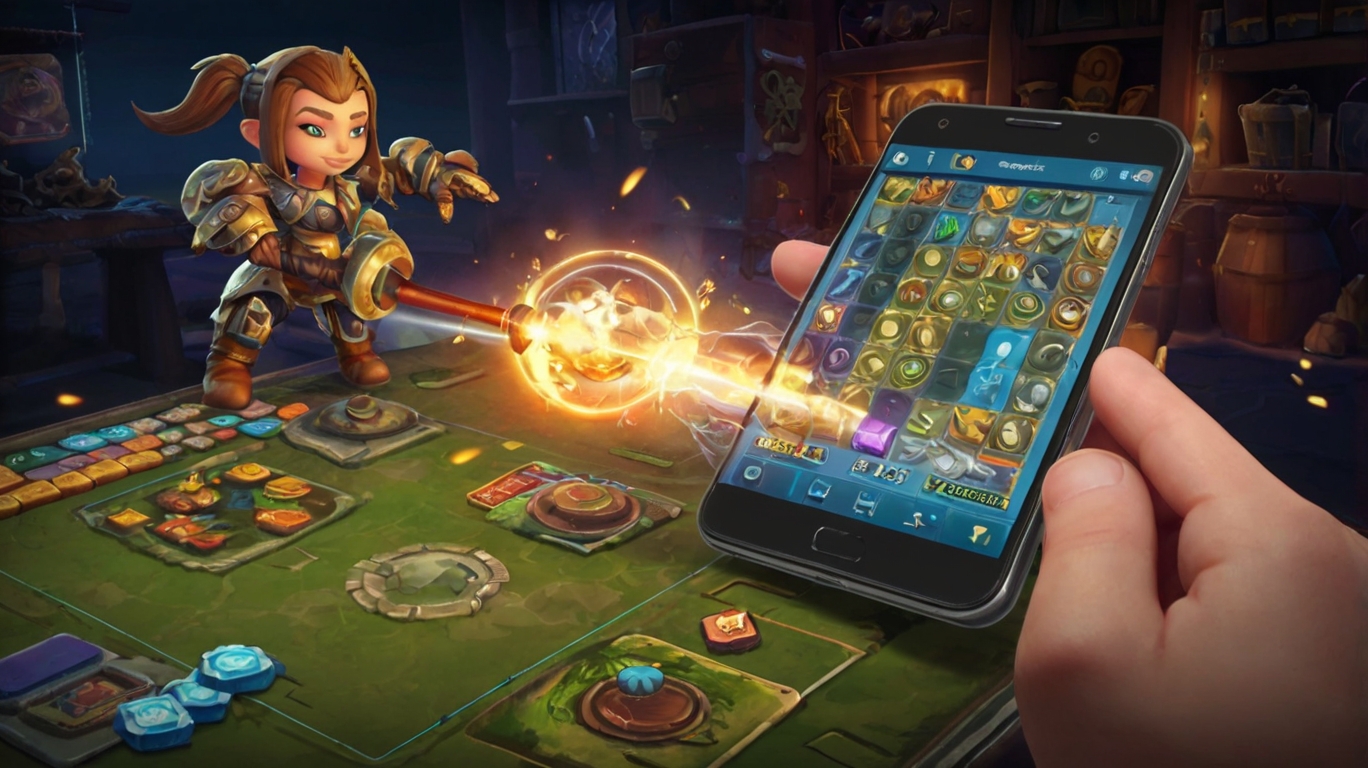
The need for cross-platform games keeps rising in the dynamic world of game creation. Gamers want flexibility, seamless gameplay experiences, and the ability to connect with friends regardless of their device. But what exactly does cross-platform game development entail, and how does it benefit players and developers? Now let’s study cross-platform game production and how it affects the gaming business.
What Is a Cross-Platform Game?
The cross-platform game retains all its functions regardless of the device on which it is played. Gamers can switch between other platforms and maintain their progress in the same game. This means that game developers need them to be compatible with different hardware configurations, operating systems, and user interfaces.
Some key features include:
- Unified Experience: Players can easily switch between a PC or game console game and a mobile device.
- Wider Audience Reach: Without having to create different versions of the same game, developers can adapt to different player bases.
The First Cross-Platform Game
The beginning of the creation of cross-platform games can be considered the early 2000s. Final Fantasy XI is a 2002 massively multiplayer online role-playing game that was one of the first popular cross-platform games. This allowed PC and PlayStation 2 players to interact in the same virtual environment.
Cross-Play vs. Cross-Platform: What’s the Difference?
Although these terms are often used interchangeably, there is a key difference between cross-play and cross-platform.
- Cross-Play: This feature allows players on different platforms (such as Xbox and PlayStation) to play together in the same multiplayer environment. For example, a PC player can compete against console players.
- Cross-Platform: Cross-platform play means the ability to play a game on multiple platforms with the same account or user profile, even if the devices are different. Cross-play is a subset of cross-platform capabilities but focuses purely on multiplayer features.
Benefits of Cross-Platform Games
From both a player and developer perspective, the advantages of cross-platform gaming are numerous:
- Wider Player Base: By supporting multiple platforms, developers tap into a larger and more diverse audience, which increases engagement and player retention.
- Enhanced Social Interaction: Cross-play enables players to connect with friends regardless of their device. As a result, social interactions are no longer limited to device selection, creating a more inclusive gaming experience.
- Unified development: Less effort is required for developers to update and patch, as they only need to maintain one version of the game across all platforms. The result is faster bug fixes and consistent content deployment.
- Cost Effectiveness: Long-term cost savings can be achieved through cross-platform development by pooling resources and optimizing production processes.
Best Game Development Engines for Cross-Platform Titles
Creating cross-platform games requires robust game development engines that support multi-platform deployment. Below are some of the top engines used in the industry:
- Unity: One of the most widely used engines for creating cross-platform games is Unity, which enables programmers to create once and publish to more than 25 platforms, including consoles, mobile devices, and PCs.
- Unreal Engine: Unreal Engine is well-known for its exceptional performance and graphics, and it is compatible with a wide range of platforms, including PCs, consoles, and mobile devices. It’s a great option for multiplayer experiences because it also has cross-play features.
- Godot: Godot is an increasingly popular open-source engine that is especially useful for developers on a budget. It has an easy-to-use UI and supports many platforms for making 2D and 3D games.
- Cocos2d-x: This engine is often used for mobile games but also offers strong cross-platform capabilities. It’s an excellent choice for developers focusing on lightweight, 2D game experiences.
Plans for Future
As the gaming industry shifts toward a more connected future, cross-platform play will be an integral part of game development strategies. The focus is moving beyond just compatibility, with more attention on improving cross-play features, cloud gaming integration, and multi-device synchronization.
Here are some trends shaping the future of cross-platform gaming:
- Cloud Gaming: Services like Xbox Cloud Gaming and NVIDIA GeForce Now are breaking down the hardware barriers, allowing gamers to play on any device with internet access. This will make cross-platform gaming more accessible than ever.
- Unified Accounts: As cross-platform games become more prominent, we’ll likely see more unified accounts where player progress, achievements, and in-game purchases are accessible across all platforms.
- Cross-Progression: Future cross-platform games will emphasize seamless cross-progression, where players can pick up right where they left off, regardless of the device they’re using.
Conclusion
Cross-platform gaming is the way of the future; this is not a passing trend. With the flexibility it offers users and the cost-effectiveness it offers creators, this development paradigm is revolutionizing the way games are made.




